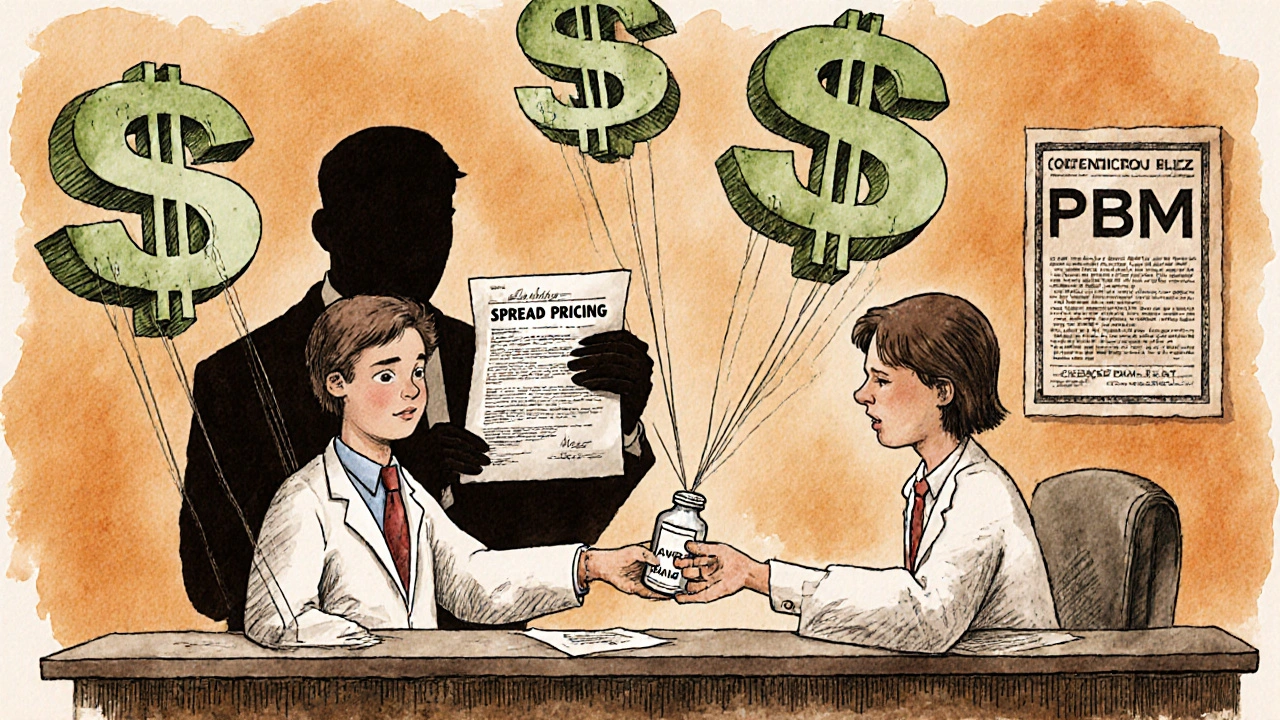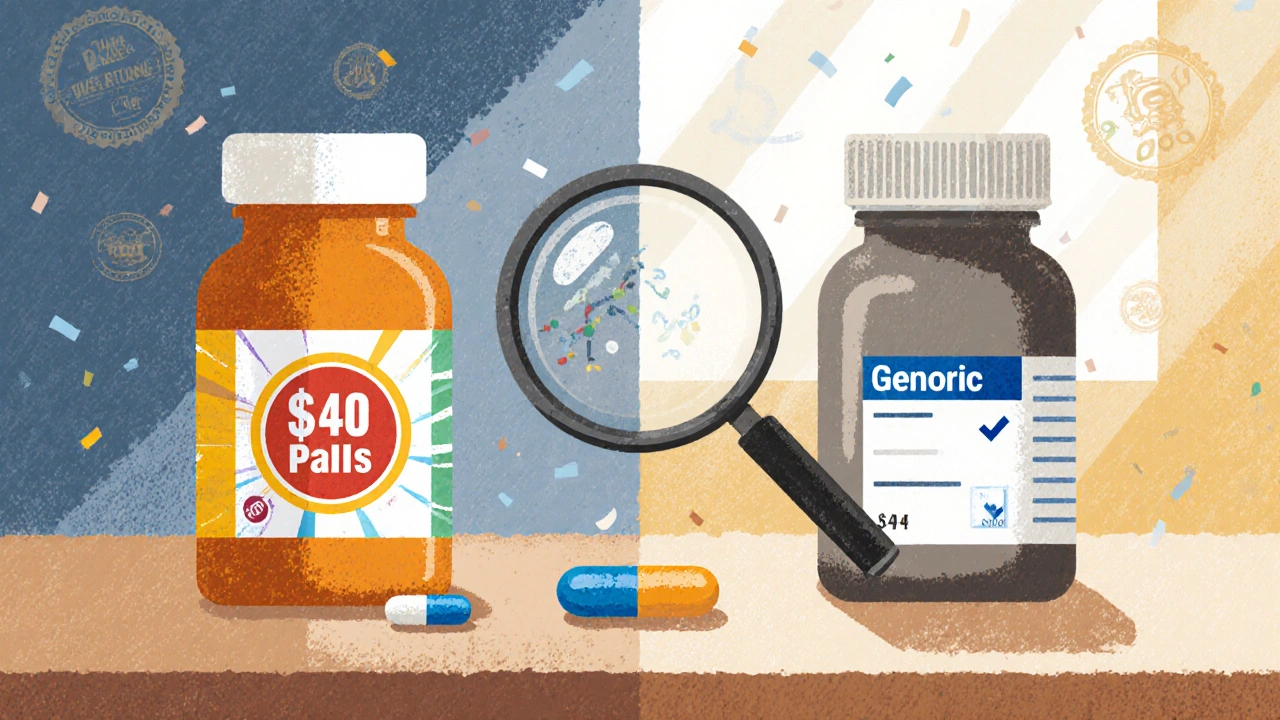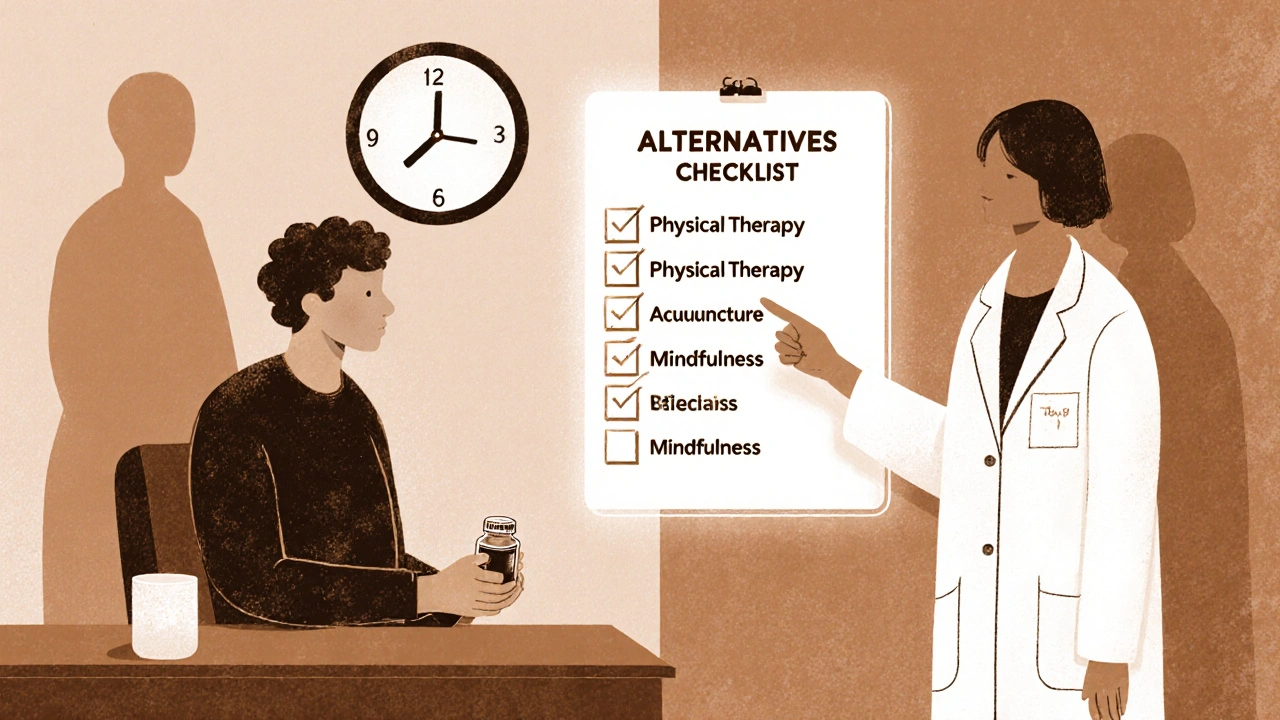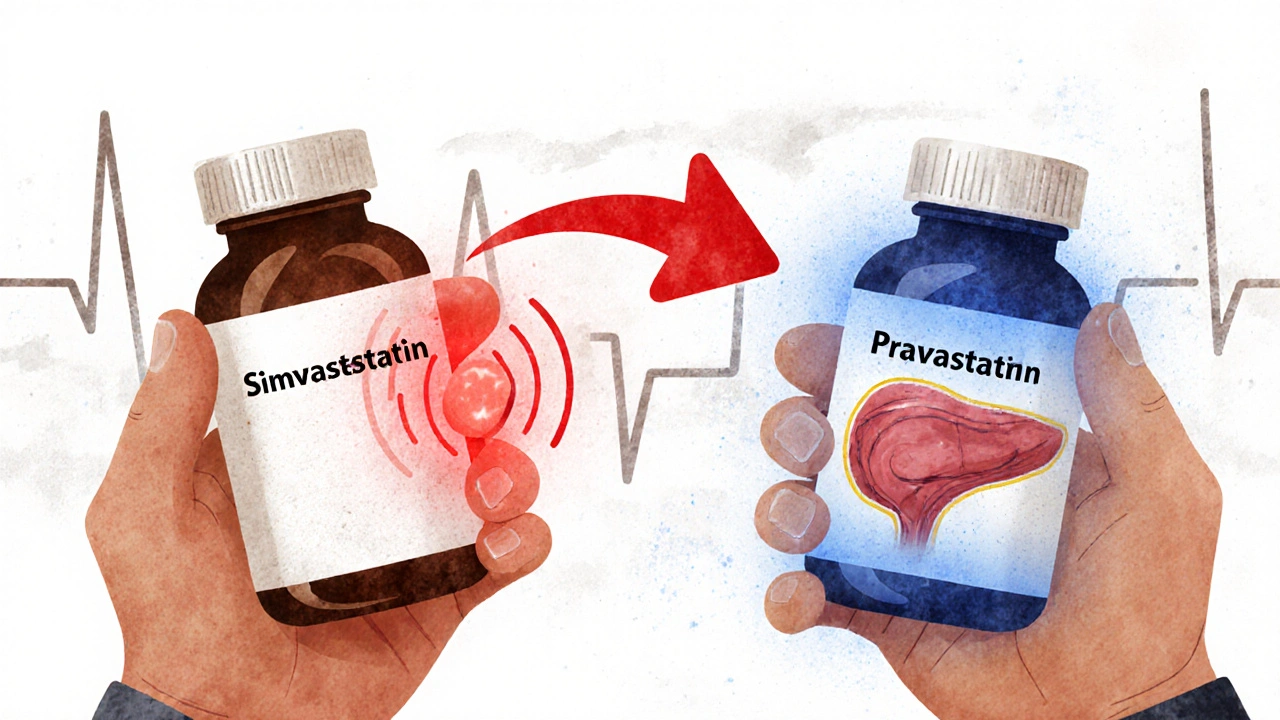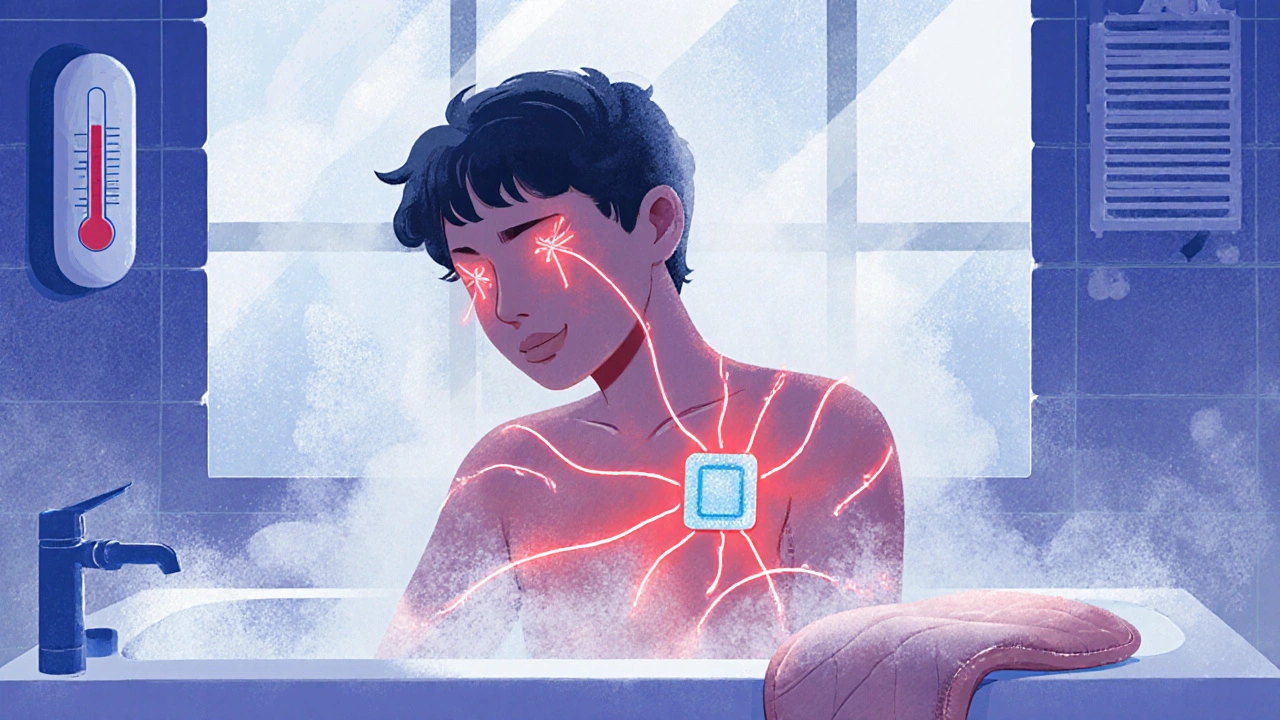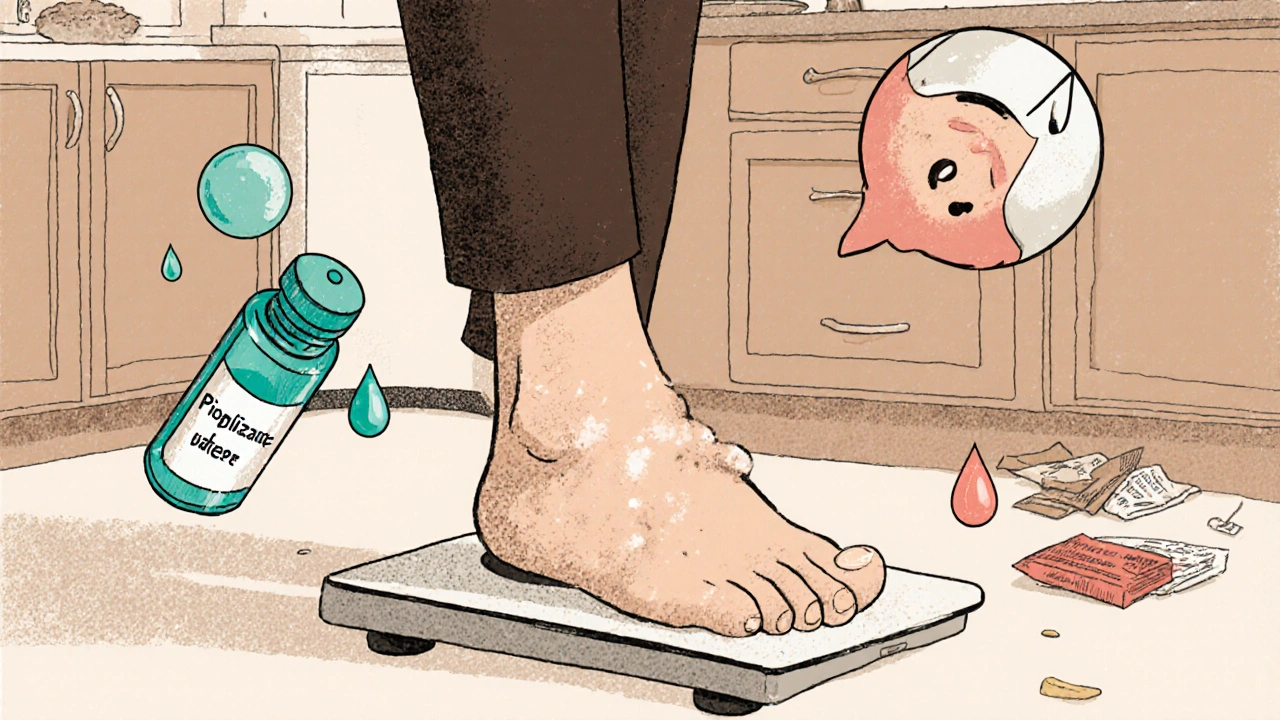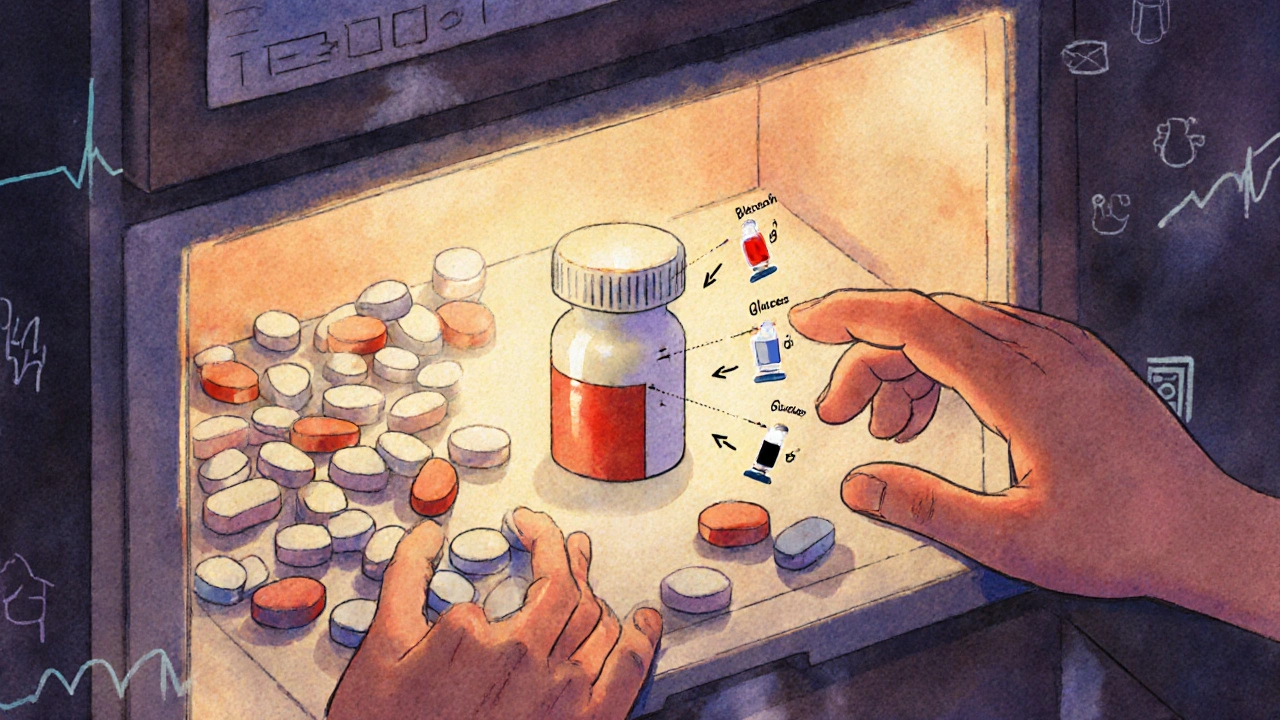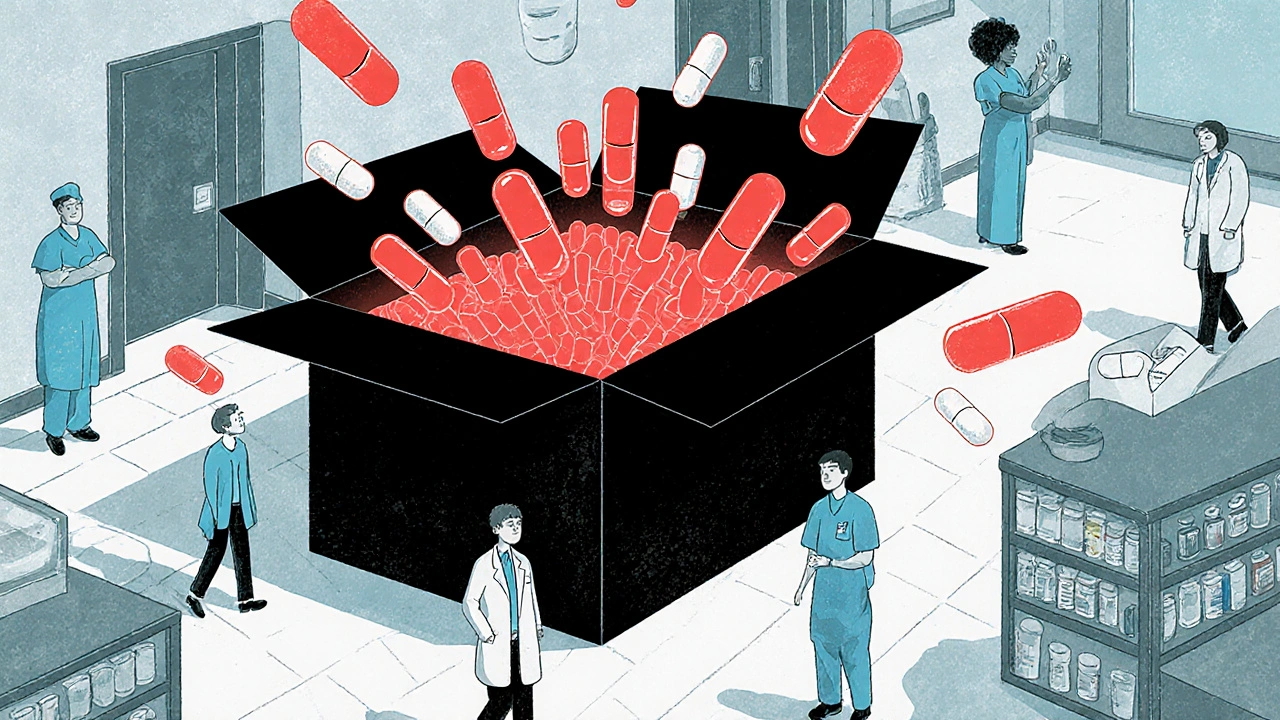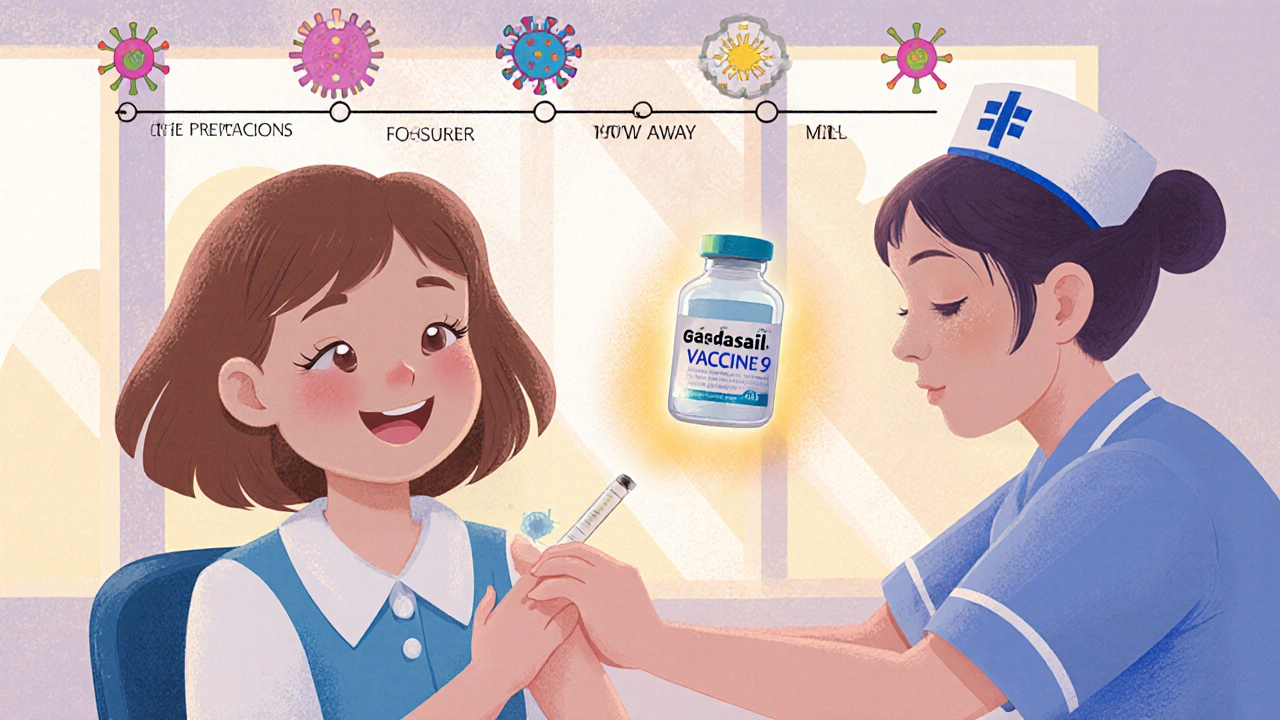Archive: 2025/11
- November 29 2025
- 12 Comments
- Colin Winthrop
Pharmacy Reimbursement Models: How Laws Shape Generic Drug Payments
How federal and state laws shape how pharmacies get paid for generic drugs - and why your copay might be higher than the drug actually costs.
- November 26 2025
- 13 Comments
- Colin Winthrop
Generic Drug Concerns: Separating Myths from Facts on Safety and Effectiveness
Generic drugs are just as safe and effective as brand-name versions for most people. Learn the facts about bioequivalence, manufacturing standards, and when to be cautious-plus how generics save billions in healthcare costs.
- November 25 2025
- 9 Comments
- Colin Winthrop
Radiation Therapy: How Radiation Destroys Cancer Cells
Radiation therapy destroys cancer cells by damaging their DNA, preventing replication and triggering cell death. Modern techniques improve precision, and new research shows it can also activate the immune system against tumors.
- November 24 2025
- 10 Comments
- Colin Winthrop
Allergic Rhinitis: Seasonal and Perennial Allergy Management
Learn how to manage seasonal and perennial allergic rhinitis with evidence-based treatments, proper nasal spray use, environmental controls, and when to consider immunotherapy. Stop guessing-start controlling your symptoms.
- November 23 2025
- 13 Comments
- Colin Winthrop
Opioid Therapy: When It’s Appropriate and How to Manage Dependence Risks
Opioid therapy can help with severe pain, but it carries serious risks of dependence and overdose. Learn when opioids are truly appropriate, how to manage risks, and what safer alternatives exist.
- November 21 2025
- 15 Comments
- Colin Winthrop
Which Statins Cause the Most Muscle Pain? Evidence-Based Comparison
Discover which statins are most likely to cause muscle pain and why most cases aren't actually due to the medication. Evidence-based comparison of simvastatin, atorvastatin, pravastatin, and fluvastatin.
- November 20 2025
- 10 Comments
- Colin Winthrop
Heat and Fentanyl Patches: Increased Absorption and Overdose Risk
Fentanyl patches can be life-saving for chronic pain - but heat can turn them deadly. Learn how heat from showers, fever, or heating pads can cause overdose, and what you must do to stay safe.
- November 19 2025
- 11 Comments
- Colin Winthrop
TZD Weight Gain and Edema: How to Manage These Common Side Effects
TZDs like pioglitazone help control blood sugar but often cause weight gain and swelling. Learn how to reduce these side effects with dose adjustments, lifestyle changes, and combination therapies like SGLT2 inhibitors.
- November 19 2025
- 12 Comments
- Colin Winthrop
Combination Drugs: Weighing the Convenience Against the Risk of Multiple Ingredients
Combination drugs offer fewer pills and better adherence, but they also limit dosing flexibility and carry hidden risks. Learn how rational combinations improve outcomes-and when they might do more harm than good.
- November 17 2025
- 13 Comments
- Colin Winthrop
Boxed Warning Changes: How to Track FDA Label Updates Over Time
Learn how FDA boxed warnings work, why they change over time, and how to track the latest safety updates for prescription drugs. Essential reading for healthcare providers and informed patients.
- November 17 2025
- 14 Comments
- Colin Winthrop
GERD and Acid Reflux: How PPIs and Lifestyle Changes Work Together
GERD and acid reflux can be managed effectively with lifestyle changes and targeted PPI use. Learn how to reduce symptoms, avoid long-term medication risks, and find lasting relief without relying on pills.
- November 16 2025
- 10 Comments
- Colin Winthrop
HPV Infections: How Vaccination and Screening Prevent Cancer
HPV causes nearly all cervical cancers, but vaccination and modern screening can prevent them. Learn how HPV testing, self-collection, and vaccines are changing cancer prevention today.
- February 2026 (6)
- January 2026 (29)
- December 2025 (29)
- November 2025 (19)
- October 2025 (30)
- September 2025 (14)
- August 2025 (7)
- July 2025 (26)
Archives
- online pharmacy
- side effects
- generic drugs
- pharmacy guide
- antibiotics
- safe online pharmacy
- drug safety
- drug interactions
- statin side effects
- ED medication
- acne treatment
- antibiotic
- medication interactions
- hyaluronic acid supplement
- skin hydration
- Sildenafil
- alternatives
- weight gain
- allergy treatment
- medication side effects
